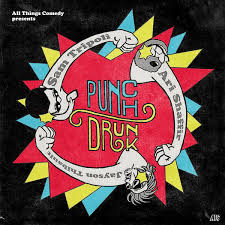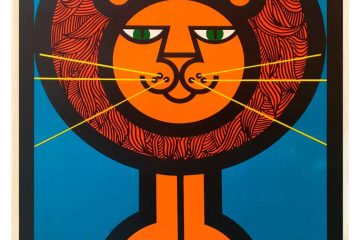The Enigmatic World of Kristiania: A Look Inside

Introduction to Kristiania
Kristiania, often referred to as Freetown Christiania, is a self-proclaimed autonomous neighbourhood located in the heart of Copenhagen, Denmark. Established in 1971 by a group of idealistic individuals seeking to create an alternative to the conventional lifestyle, Kristiania has grown into a vibrant community that attracts visitors from around the world. This unique enclave, known for its progressive values, art, and liberal approach to life, serves as a significant cultural hub and stands as a testament to the ideals of freedom and communal living.
History and Evolution
The history of Kristiania dates back to 1971, when a group of young people took over the abandoned military barracks in the area, transforming it into a makeshift community. Initially, the settlement was marked by a lack of formal regulations, leading to a bohemian lifestyle that many found appealing. Despite facing challenges, including conflicts with local authorities and various attempts at gentrification, the residents have managed to maintain their unique way of life.
Over the years, Kristiania has evolved, fostering a thriving community of artists, craftsmen, and musicians. Its streets are lined with colourful murals, sculptures, and art installations, reflecting the creativity of its residents. The food scene is also noteworthy, with organic cafés and eateries offering healthy and diverse options, reinforcing the community’s commitment to sustainable living.
Current Situation and Challenges
As of 2023, Kristiania continues to navigate the complexities of modern urban life while preserving its identity. The community often finds itself in a precarious situation; it faces constant scrutiny from local authorities regarding regulations, land usage, and drug policies. Despite the challenges, many residents and advocates work tirelessly to retain the community’s original ethos.
In recent years, there have been discussions about the future of Kristiania, particularly following incidents of violence and drug-related issues. This has prompted local officials to engage in dialogue with the residents to find a balance between maintaining public safety and respecting the autonomy of this unique community.
Conclusion: The Significance of Kristiania
Kristiania remains an important symbol of alternative culture and societal values in Denmark. As a microcosm of progressive ideals, it highlights the struggles and triumphs of those seeking a different way of life. While it embodies the principles of freedom, creativity, and sustainability, the ongoing challenges posed by external pressures serve as a reminder of the delicate balance between autonomy and societal norms. Visitors to Kristiania are encouraged to explore not just the vibrant culture, but also the ongoing narrative of a community striving to uphold its values in a changing world. The future of Kristiania will likely continue to provoke discussion around urban living and the rights of communities to govern themselves.








